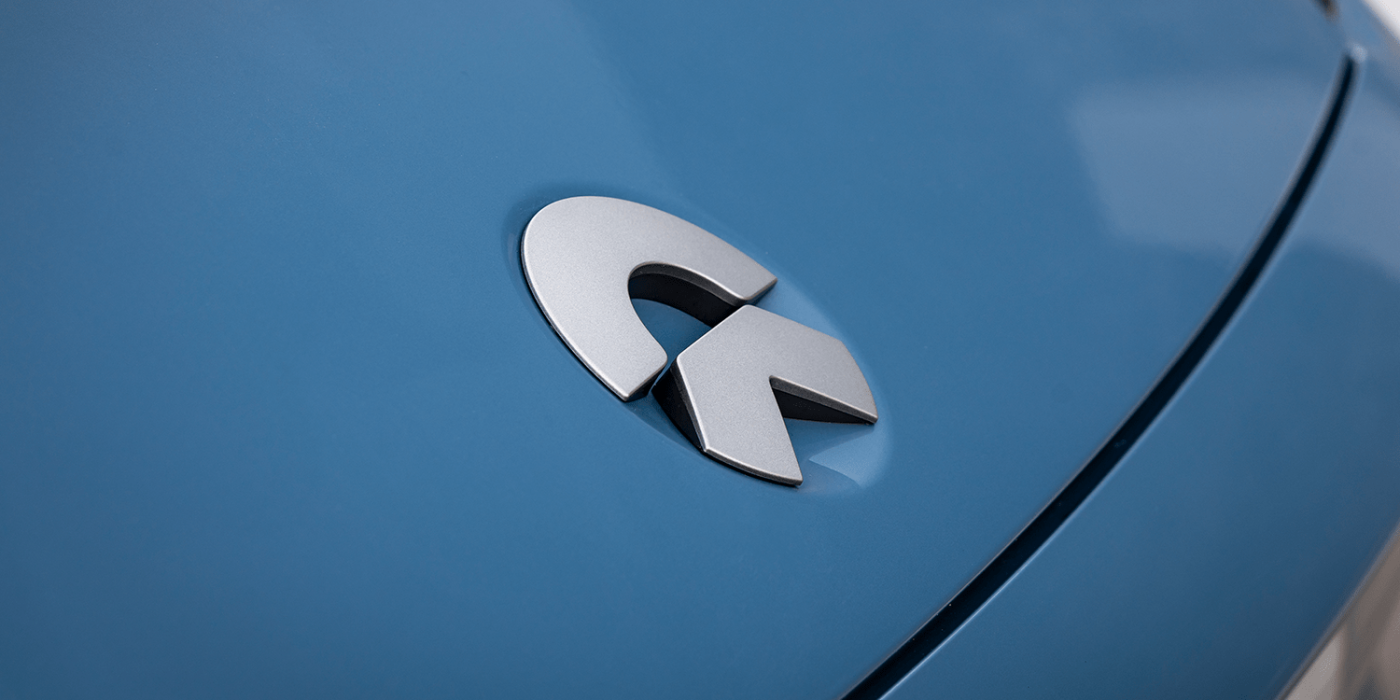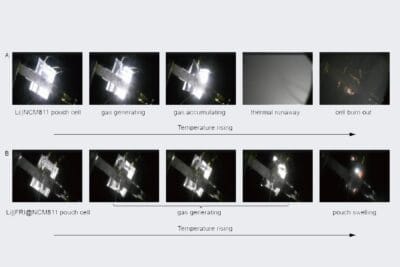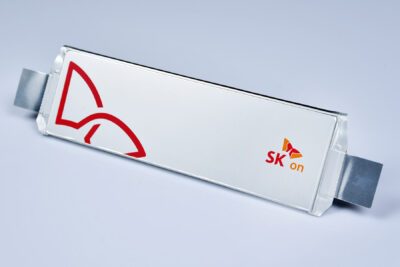Nio and SVOLT to jointly develop cylindrical cells
Nio is looking to launch a joint venture with SVOLT for the development of large cylindrical cells, according to Chinese media. The electric car manufacturer and the battery specialist have plans for a pilot line for the production of such battery cells in Maanshan in the Chinese province of Anhui and for a joint R&D team.
This was reported by the Chinese portal 36kr, among others, with reference to insiders who are usually well-informed about what is going on in the Asian battery industry. In February, it became known that Nio was planning to build a battery factory for the production of large cylindrical cells with an annual capacity of 40 GWh in the province of Anhui, specifically next to its main production centre in the city of Hefei. Then, in July, Nio said it had postponed the schedule for series production of self-developed electric car batteries.
According to 36kr, the joint venture project with SVOLT is related to this: Nio is said to have arranged the partnership because the development of its own batteries is not going according to plan. The report even says that Nio has failed with its battery project. SVOLT is a battery manufacturer spun off from Great Wall Motor with global ambitions. The initial plan is said to involve Nio and SVOLT investing in a pilot production line in Maanshan and combining some of their research and development staff. In terms of manufacturing and procurement, however, both sides want to remain independent.
It is a matter of testing a new partnership model, in which the joint venture primarily carries out only preliminary tests and developments, the report continues. And: For Nio, this is the last attempt at forward integration of battery cells.
In July, the same portal had already reported on Nio and its postponement of in-house production. It said that Nio was apparently becoming more cautious about investing in new projects in view of relatively low sales figures for its e-cars. In addition, the price of lithium had fallen sharply and the purchase of batteries was no longer a problem that threatened the company’s existence, insiders also said at the time.
Last year, Nio confirmed that it would start manufacturing its own battery packs in 2024 and that it would produce some of its own battery cells in the long term. According to media reports, Nio was already working on 4680-format battery cells as well as lower-cost lithium manganese iron phosphate (LMFP) cells and planned to mass-produce them for Nio-branded e-cars and the new ALPS brand.
In February 2023, Reuters reported that Nio was planning to build its first battery factory to produce large cylindrical cells with an annual capacity of 40 GWh next to its main production centre in Hefei, in eastern China’s Anhui province, in order to reduce its dependence on its main cell supplier CATL by producing its own cells. At a price negotiation in April 2022, Nio had to accept a significant price increase, according to earlier reports. This spring, there were reports that CATL had offered lower prices to some manufacturers (including Nio) in exchange for their commitment to make at least 80 per cent of their battery purchases from CATL.
The 75 and 100 kWh packs from Nio use CATL cells. The 100 kWh packs use cells with NCM chemistry. The 75 kWh packs are mixed packs: the majority are LFP cells, but some NCM cells are placed in each of the four corners of the pack to increase the performance of the battery. The semi-solid-state cells for the new 150 kWh pack are sourced from WeLion.
36kr.com (in Chinese), cnevpost.com, carnewschina.com





0 Comments